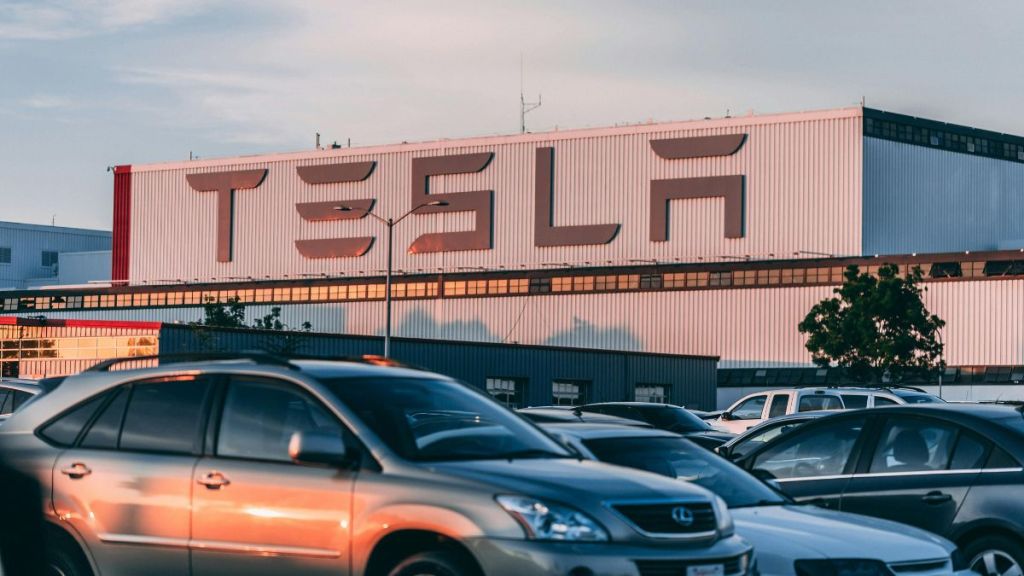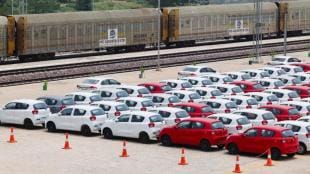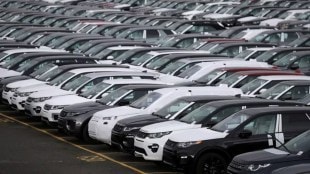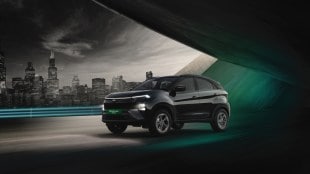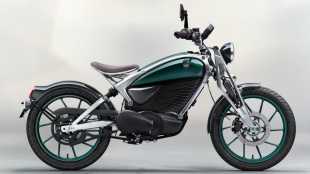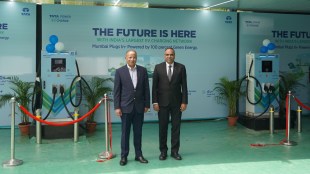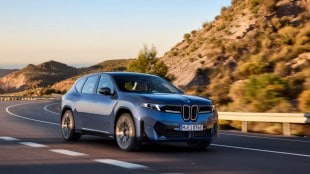Tesla shares have hit a new low as it saw a downturn of 45% in the last three months. What is more worrying for the Elon Musk-led company is that the global market saw a growth of 25% in sales in 2024 while Tesla saw a dip of 1%. Looking ahead, 2025 doesn’t seem promising for the Elon Musk-led company, with multiple factors contributing to its downfall—including Musk’s political affiliations, increasing EV competition, and a diminishing focus on the automotive sector.
The decline of Tesla sales is quite evident in its top two markets — the U.S. and China. According to data from the China Passenger Car Association (CPCA), Tesla sold 30,688 wholesale units in China in February 2025, marking a staggering 51.47% drop from January and a 49.16% decline year-over-year. The downturn isn’t limited to China—Tesla’s European sales have also shrunk by 45%, as reported by Jato Dynamics. With mounting challenges and a shifting market landscape, Tesla faces one of its toughest years yet.
Slow to deliver on promises
Once known for its cutting technology and electric vehicles, Tesla is now struggling to meet the production numbers of the Cybertruck. The vehicle also failed to create a flutter in the market and pretty much fell flat on its face. Not counting the updated vehicles, Tesla has managed to roll out one brand-new EV in the last five years. Initially, Musk had announced that Tesla would manufacture 500,000 units a year, but in the last year and a half, it has only managed to sell 10% of the target number.
Tesla pulls the plug on low-cost vehicle
In 2024 at the Q3 meeting, Musk stated that it was pointless for Tesla to enter the $25,000 market and officially pull the plug on the ‘Model 2’. According to a Reuters report, the platform developed for Model 2 will be used by the upcoming robot taxis. Initially, Tesla was confident in starting manufacturing of the Model 2 in the second half of 2025.
Far-right political ties
Tesla’s downslide has a lot to do with Musk’s relations with far-right parties across the world. The founder of the Tesla bankrolled Trump’s election campaign with over $250 million. After Trump won the U.S. Presidential Election, the EV maker’s shares skyrocketed in mid-December only to witness a free fall down to 45%.
Tesla customers have not taken Musk’s political affiliations lightly as many have decided to either return their EVs or have vowed not to buy a Tesla in the future.
